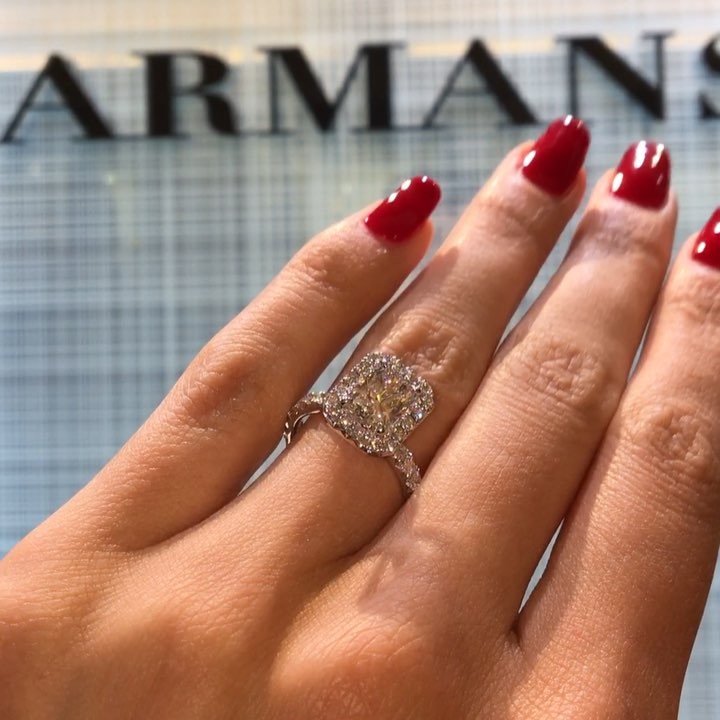Even for the strongest of hearts, meeting the in-laws often sends a shiver up the spine, a sinking feeling in the stomach, and a rogue bead of sweat down the face.
Table of Contents
And while you may fancy yourself a people-person, there are some things that even a winning smile can’t do. If your partner comes from a different cultural background, chances are you’ll be familiar with a few of their traditions and cultural norms. However, you may not be well-versed in all of it.
When it comes time to meet the parents, it’s important to know exactly what’s expected of you, unless you want to be chased out of the house with a broom.

Via My Big Fat Greek Wedding 2
Greetings
Chances are your in-laws aren’t celestial beings from out of space, so you can drop the Vulcan salute.
In most Western cultures, a handshake, eye contact, and a smile are the norm, while a kiss on each cheek in countries like France and Italy is common.
In Arab countries, it’s not uncommon for men to kiss each other on the cheek as they shake hands, while men and women usually only use a verbal greeting between each other.
In Lebanon, 2-3 kisses on the cheek is most often used, while in countries like Japan, bowing is the traditional way to greet someone (the deeper the bow, the greater the respect).

Via The Family Stone
PDA
No parent wants a front row seat to their child’s PDA, no matter how happy they are for them.
For the most part, it’s best to leave shows of affection for when you’re not under the watchful gaze of your in-laws.
In Western countries, it may be acceptable to hold hands or give each other a quick peck, but it’s best to read the room before trying to prove how much you love your partner in front of their parents.
In cultures with a strong religious influence, affection between couples outside of private spaces is looked down upon, so best keep your hands to yourself.
Bringing A Gift
Making a good impression the first time you meet your significant other’s family is extremely important, so give yourself a few easy points by showing up with a small gift.
In Western and Asian cultures, flowers are a common gift for the home and the mother-in-law (though it’s a good idea to research appropriate flowers as they can often represent certain things).

Chocolates work well in Australian homes, while a good bottle of wine – vintage or international – is appreciated in European homes, especially Italian and French.
Avoid bringing alcohol if your partner’s family are Muslim or Jewish, and instead bring a dessert. Traditional sweets also do well in Greek and Lebanese homes.
Addressing Them
While a “Mrs.” or “Mr.” is a respectful way of addressing your in-laws in Western culture, moving to a first name basis once you’ve been given the thumbs up is also acceptable.
In Korean culture, eomeonim (mother) and abeonim (father) shows respect and familiarity, while addressing your Lebanese in-laws as simple “Aunty” and “Uncle” (or “Ammo”) is common.
Eating
Food is often the best way to a person’s heart, so showing an appreciation for whatever meal is prepared by your in-laws is a must.
In cultures where traditional gender roles are still prevalent, like in some Middle Eastern, Latin, and Asian cultures, women offering a hand in preparing food or men offering to pay if the family is eating outside of the house is always a good sign of respect.

Via Tessa Barton
In Italian households, accepting a second helping is a compliment. In some traditional Indian households, eating certain foods with your right hand is commonplace.
If you’re inviting your in-laws over to eat, make sure you’re aware of cultural and religious food rules. If your in-laws are Muslim or Jewish, avoid cooking pork, or shellfish for the latter. If your in-laws are Hindu, then avoid cooking beef.

